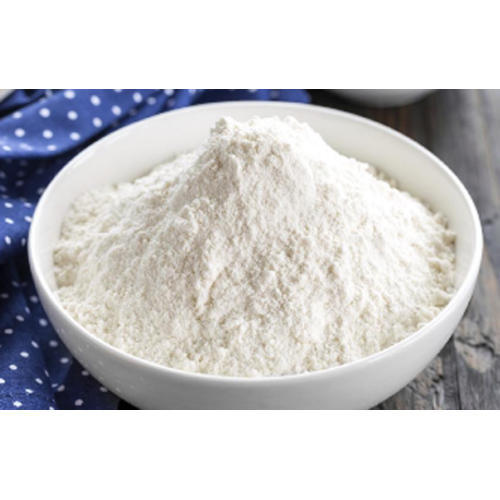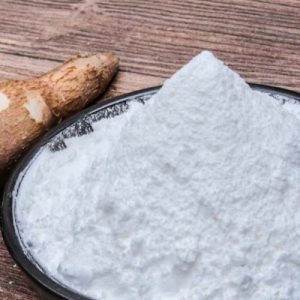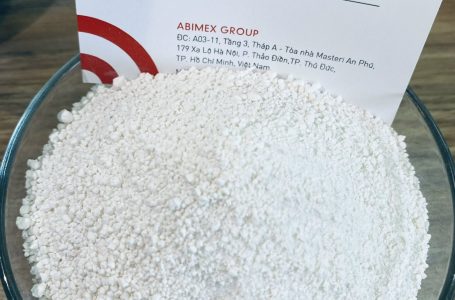
Both tapioca starch and corn starch are great options whether you are looking for a thickener or are on a gluten-free diet and need a wheat flour substitute. Both are also effective thickeners in large part because their flavors are neutral, which means that they work without affecting the flavors in your dish. While their function is similar, they do have some differences. If you are trying to decide which one to use, consider the factors below.
1. How do tapioca starch and corn starch differ?
About source:
Tapioca starch differs from corn starch in terms of its source. Corn starch is sourced from corn. And as you may have guessed; tapioca starch comes from the cassava root. Cassava root is a starchy tuber, which means that tapioca starch has more in common with other root starches like potato starch and arrowroot than it does with a grain starch like corn starch.

About How they handle heat:
The two have strong similarities such as the fact that they both thicken liquids effectively; however, they differ in terms of how they handle heat.
Corn starch stands up well to high heat and long cooking times while tapioca starch works best when added at the end of cooking. It will lose its thickening ability if subjected to heat for too long.
About How the final product:
The appearance of the final product will also differ as tapioca starch will also give you a more glossy and transparent final product, whereas cornstarch can make for a murkier liquid with a matte surface. Liquids thickened with corn starch also tend to get spongy when frozen and thawed.
About Nutrition:
Neither of these starches is a nutritional powerhouse but tapioca holds a small edge over corn starch since it has higher concentrations of a few nutrients. Tapioca has more calcium and vitamin B-12 than corn starch.
2. If your recipe requires one, can you use the other?
In most cases, these two starches are interchangeable as thickeners. You will still have to be mindful of the differences above.
With tapioca starch, you cannot use it a thicken a dish that will be cooked past the point where it gels or it will thin out. With corn starch, You can not use cornstarch to thicken a dish that contains a high concentration of acids or of sugars.
We met this case once. Because of the similarity of tapioca starch and corn starch in food adhesion, one of our customer decided to switch from using tapioca starch (to producing some products) to corn starch. However, their product is cakes includes lemon and orange (high acidity). And corn starch is not recommended for use with high acidity ingredients. Through the process of inquiry, we consulted and timely explained important feature to customers. And fortunately, our customer promptly repaired and did not suffered any damage due to the problem there.








